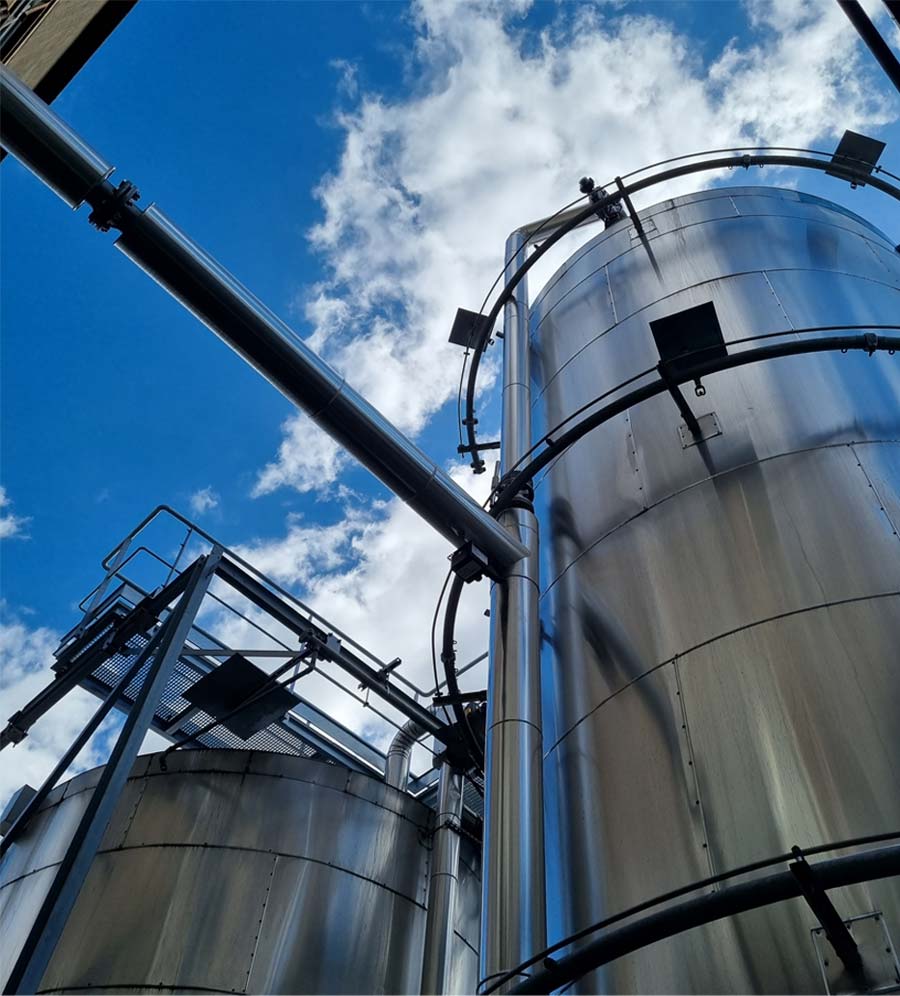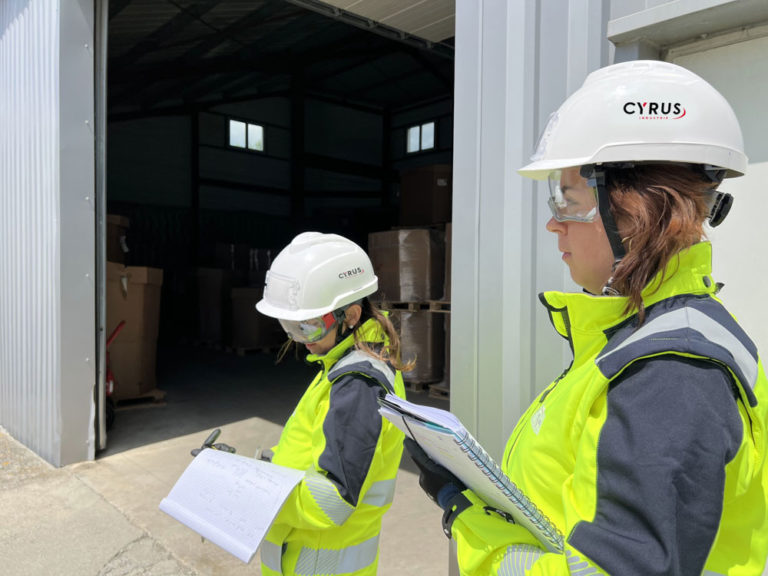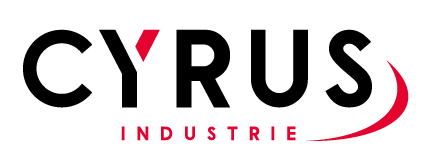The regulations known as the “After Rouen’s fire” regulations consist of a set of decrees and orders published on 26 September 2020, following the fire at the Lubrizol site in Rouen on 26 September 2019.
More than 9,000 tonnes of chemicals burned during the accident, creating a cloud of black smoke stretching more than 22 kilometres and soot more than 100 kilometres away.
New regulations were soon adopted to address the shortcomings revealed, particularly in terms of the uncertainties surrounding the type and quantity of the products stored, the toxicity of the fumes and the safety failures.
The aim is to improve risk management and prevent the occurrence of major industrial accidents at Installations Classified for the Protection of the Environment (ICPE).
In view of this, the “After Rouen’s fire” regulations are based on four areas of action:
- Seveso,
- Condition of stored materials,
- Warehouses – Interior storage of fuel,
- Flammable liquids and fuel.
The new requirements may lead to compliance measures in terms of compartmentalisation (e.g. REI 120 walls with roof overhangs), smoke extraction, retention and drainage, fire detection and protection, as well as organisational measures (condition of stored materials, fire defence plan).
Compliance of ICPE sites requires studies to be carried out for both new and existing installations, for which the regulations provide for certain adjustments.
These regulations are specific in that they concern a wide range of companies, as they apply to all ICPE classifications (declaration, registration, authorisation).
Cyrus Industrie assists and advises operators on regulatory compliance of industrial sites through made-to-measure studies that take into account the history of the installations.



